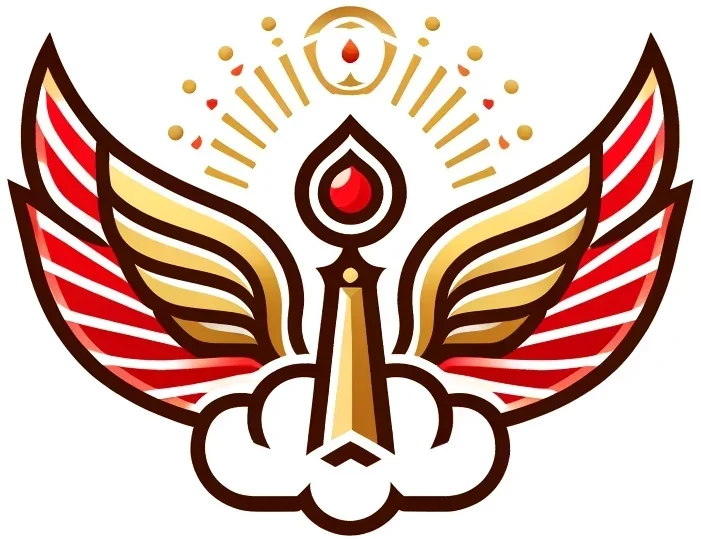In the vast tapestry of world religions, certain words and ideas transcend boundaries, weaving together seemingly disparate traditions into a shared spiritual heritage. One such profound connection lies in the word Khoda, a term originating in Zoroastrianism that signifies “God” or “Lord.” The discovery of Khoda’s journey through religions, languages, and cultures is not merely an academic insight—it reshapes our understanding of how spiritual ideas evolve and connect humanity.
The Origin of Khoda in Zoroastrianism
Zoroastrianism, one of the world’s oldest known monotheistic religions, introduced the concept of Ahura Mazda, the supreme creator and embodiment of light, wisdom, and truth. Khoda, derived from ancient Persian usage, became a linguistic representation of Ahura Mazda’s sovereignty. The term came to symbolize the divine’s role as the ultimate creator, sustainer, and moral guide—a notion that resonates across religious traditions.
Khoda’s Journey Across Religions
Through historical interactions, migrations, and conquests, Zoroastrian ideas—including the term Khoda—found their way into neighboring faiths. This journey highlights the interconnectedness of spiritual evolution:
- Judaism: The Jewish exile in Babylon (6th century BCE) brought them into contact with Zoroastrian theology. Concepts of divine light, angels, and eschatology in Judaism reflect Zoroastrian influence, with Khoda’s attributes paralleling Yahweh’s portrayal as the supreme creator.
- Christianity: Early Christian theology, especially its emphasis on light (e.g., Jesus as the “light of the world”), echoes Zoroastrian imagery. The visit of the Magi, Zoroastrian priests, to honor Jesus at his birth symbolizes the continuity of divine recognition.
- Islam: In Persian-speaking Islamic regions, Khoda became synonymous with Allah, maintaining Zoroastrian notions of light and justice. Persian poets like Rumi and Ferdowsi incorporated Khoda as a divine presence, blending Zoroastrian and Islamic traditions.
- Hinduism and Buddhism: While the term Khoda is absent, its essence—an ultimate source of creation and moral order—finds parallels in Brahman and Dharmakaya, reflecting the shared Indo-Iranian heritage.
Why This Connection Matters
The discovery of Khoda’s universal thread has profound implications:
- A Common Spiritual Root: This connection positions Zoroastrianism as a foundational influence on monotheistic thought. It suggests that many core theological ideas—light, cosmic order, divine justice—trace their origins back to Zoroastrian beliefs.
- Bridging Religions: Understanding Khoda’s journey fosters interfaith dialogue. Recognizing shared roots can inspire unity and mutual respect among diverse religious communities.
- Reclaiming Zoroastrianism’s Legacy: Often overshadowed by younger religions, Zoroastrianism’s pivotal role in shaping global spirituality deserves acknowledgment. This discovery reinstates its rightful place in the history of ideas.
- Linguistic and Cultural Insights: Tracing Khoda illuminates how language evolves alongside culture. The term’s survival and adaptation highlight the enduring power of shared human values.
- A Guide for Modern Spirituality: In a fragmented world, the universal qualities of Khoda—light, truth, and unity—offer a timeless message of hope and connection.
The journey of Khoda from its Zoroastrian origins through Judaism, Christianity, Islam, and beyond is a testament to humanity’s shared spiritual heritage. It reveals that beneath the surface of religious differences lies a common pursuit of divine truth and light. Recognizing Khoda’s universal thread not only enriches our understanding of history but also serves as a bridge to unite us in our spiritual quests.
This discovery reminds us that the divine, by whatever name it is called—Khoda, Yahweh, Allah, or Brahman—is a shared light that guides humanity. By embracing this shared legacy, we can move closer to a world of understanding, respect, and harmony.
